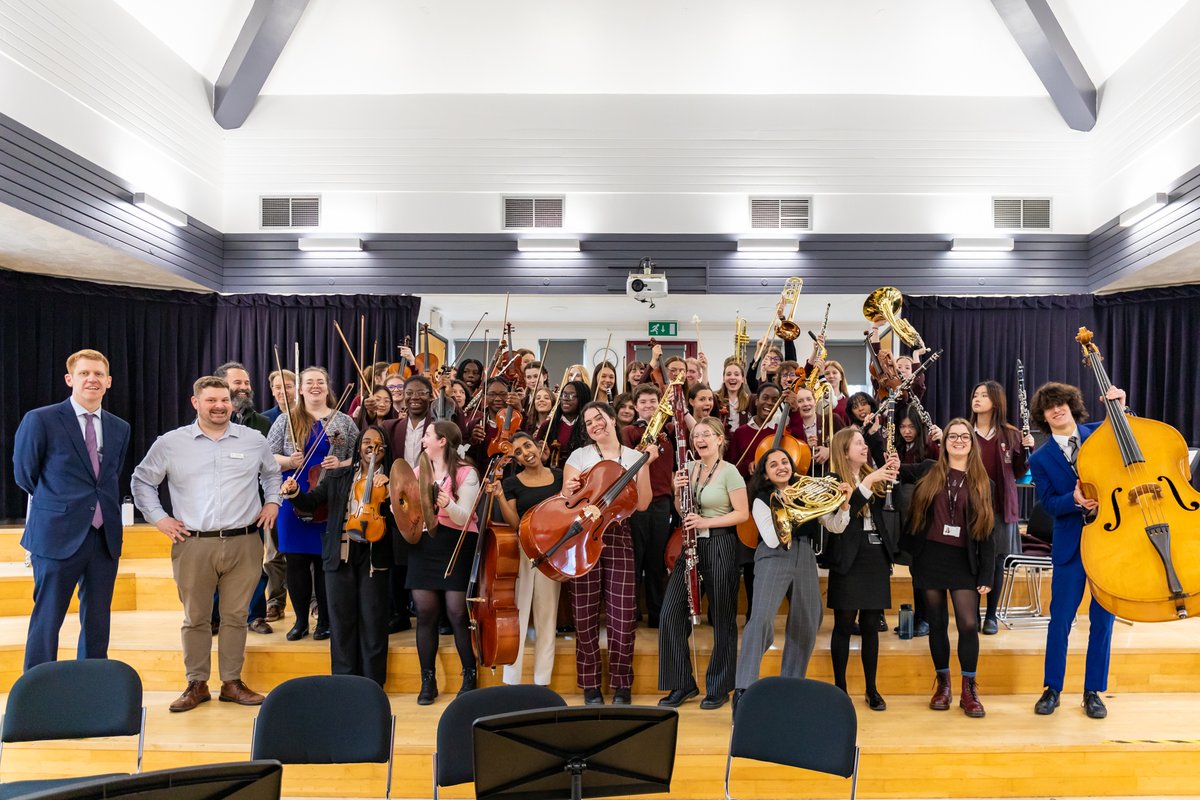Safeguarding - Where to go for help

Please click here for our Safeguarding Policy
At Invicta, safeguarding underpins all aspects of our school policies, practice and procedures; it is an integral part of our culture and all aspects of our school life.
All Invicta stakeholders are committed to safeguard our school community. Governors, staff and visitors all have a duty to follow our safeguarding and child protection policy strictly.
We collaborate closely with other schools within our Trust to exchange good practice and to ensure that our safeguarding practices are consistent and effective. Invicta students engage with our safeguarding procedures and contribute to safeguarding through Student Voice and Campus Student Safeguarding group.
The Designated Safeguarding Team at Invicta Grammar School
Mrs Harrington - Deputy Head (Upper School), DSL Lead
Mr R Ehren - Deputy Head (Lower School), Deputy DSL
Mrs M Giles - Head of School, Deputy DSL
Miss Woodford - Sixth Form Lead, Deputy DSL
Mrs Le Sbirel - Senior Assistant Head, Deputy DSL
Mrs McGivern - Assistant Head, Deputy DSL
Mrs Shiers - Safeguarding and Inclusion Officer, Designated Safeguarding Officer
In periods of time when the school is closed, you may find yourself in need of safeguarding advice. If you have an immediate safeguarding concern, please phone 999 in the first instance for support.
If the safeguarding advice that you require is not urgent, please draw on one or some of the services listed below. These services have been used by thousands of students and families and have a proven track record in offering support when it is most needed.
Kent Together helpline can be accessed 24 hours a day via their website and via the phone: 03000 41 92 92 . This is a single point of urgent contact for anyone in Kent who is in serious need of help during the Coronavirus outbreak.
For any family or child is unsure what support they require, there is a central Single Point of Access phone number - 0300 123 4496 - which provides the opportunity to discuss the types of support that might be appropriate. This is also the number to call if a child requires urgent mental health support.
A new text service has been introduced by ‘SHOUT’ and the Crisis Text Line, as part of the Kent and Medway “Release the Pressure” campaign. Anyone, of any age, who requires immediate mental health support just needs to text the word “Kent” or “Medway” to 85258. This service is available 24 hours a day, 7 days a week.
Kooth is a mental health and wellbeing online platform for young people aged between 10 and 16 years of age, across the whole of Kent. The service is free and can be accessed 24 hours a day. As well as being a source of information and support, young people can also chat to a friendly and fully-qualified counsellor during the following hours:
- Monday to Friday, between 12.00 noon and 10.00pm;
- Saturday and Sunday, between 6.00pm and 10.00pm.
Moodspark and the Kent Resilience Hub are helpful websites in order to learn about mental health and find tips/resources for keeping emotionally healthy. Young people can also text ChatHealth via 07520 618850 between the hours of 9.00am and 5.00pm, Monday to Friday – this text service provides support for physical and mental health.
It is possible to self-refer to the Children and Young People’s Counselling Service, if you feel the need, by clicking here. Anonymous support for anyone at or over the age of 16 can be accessed via Togetherall.
You can also book an appointment through your GP to support with any mental health difficulties that your child may be experiencing. GPs will need to complete the Front Door referral form.
Fearless is a website where young people can access non-judgemental information about advice about crime and criminality. You can also pass on information about crime 100% anonymously.
CEOP
If you have any concerns related to the online safety of your child, the designated team for Child Exploitation and Online Safety Team (CEOP) is the best port of call.
Childline is a useful tool for providing support and advice on a range of topics, including online safety and issues surrounding COVID-19.
Report Harmful Content can be used in addition to the CEOP reporting tool to help report any harmful content across all online platforms. They offer advice for a range of different websites and applications and can support young people and parents through the process of reporting any problems. They also offer guidance on what is considered to be harmful content and the different types that young people may come across.
For more generalised support about keeping children safe and resources and advice, you can visit the National Society for the Prevention of Cruelty to Children (NSPCC).
Report Abuse in Education helpline
The Department for Education has commissioned the NSPCC to establish a dedicated independent helpline for people who have experienced abuse in education. The Report Abuse in Education helpline comes after a high number of anonymous testimonials were submitted to the Everyone’s Invited website, documenting abuse in all types of schools, colleges, and universities.
The helpline went live on 1 April and will provide both children and adults who have experienced sexual abuse in schools with support and advice, including onward action such as contacting the police if they wish to. The helpline will also provide support to parents and professionals. Anyone who gets in touch through this dedicated helpline will also be signposted to other relevant support services available, including Childline, which provides ongoing support and counselling to children and young people.
The dedicated and confidential NSPCC helpline – Report Abuse in Education can be reached on 0800 136 663 or by email at help@nspcc.org.uk.
Lastly, the government has released further guidance on keeping children safe online during the Coronavirus pandemic. This guidance can be found here.





























